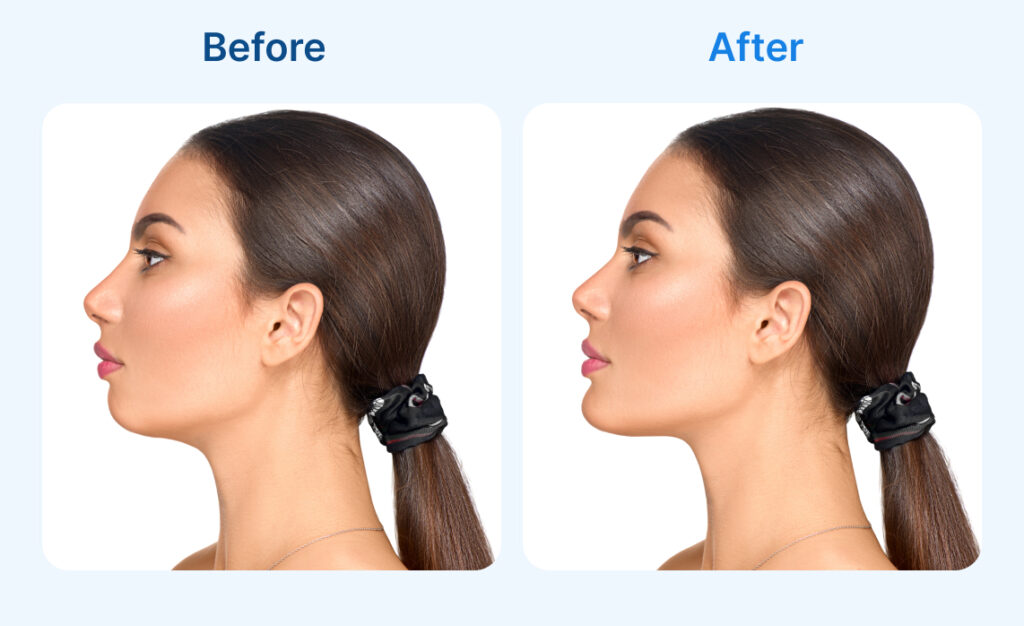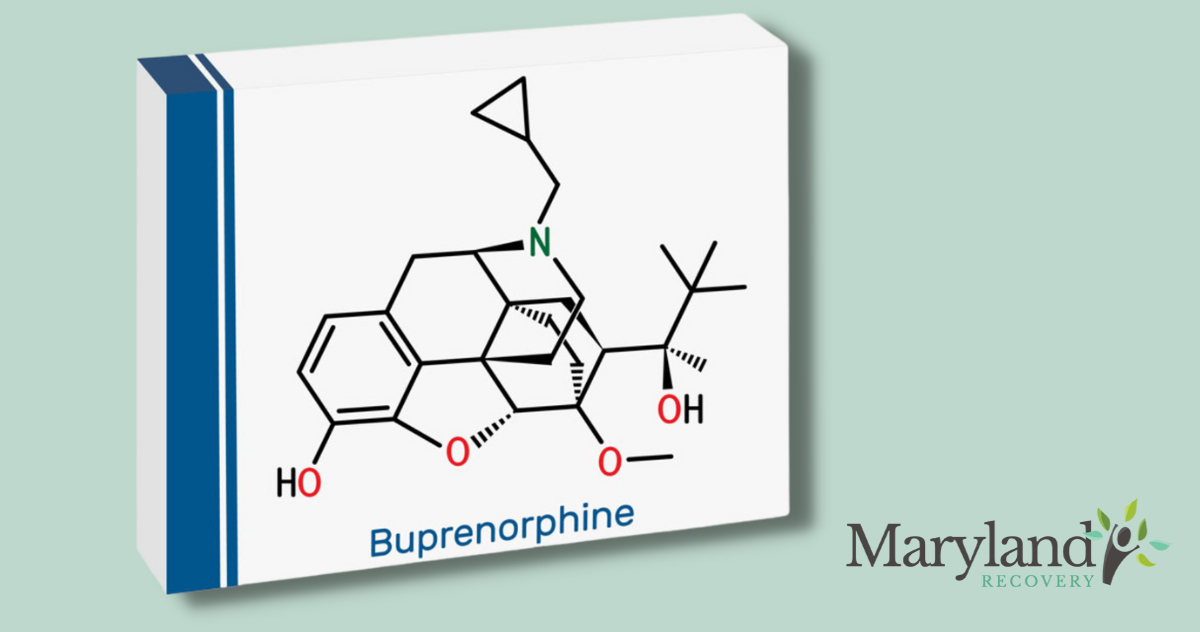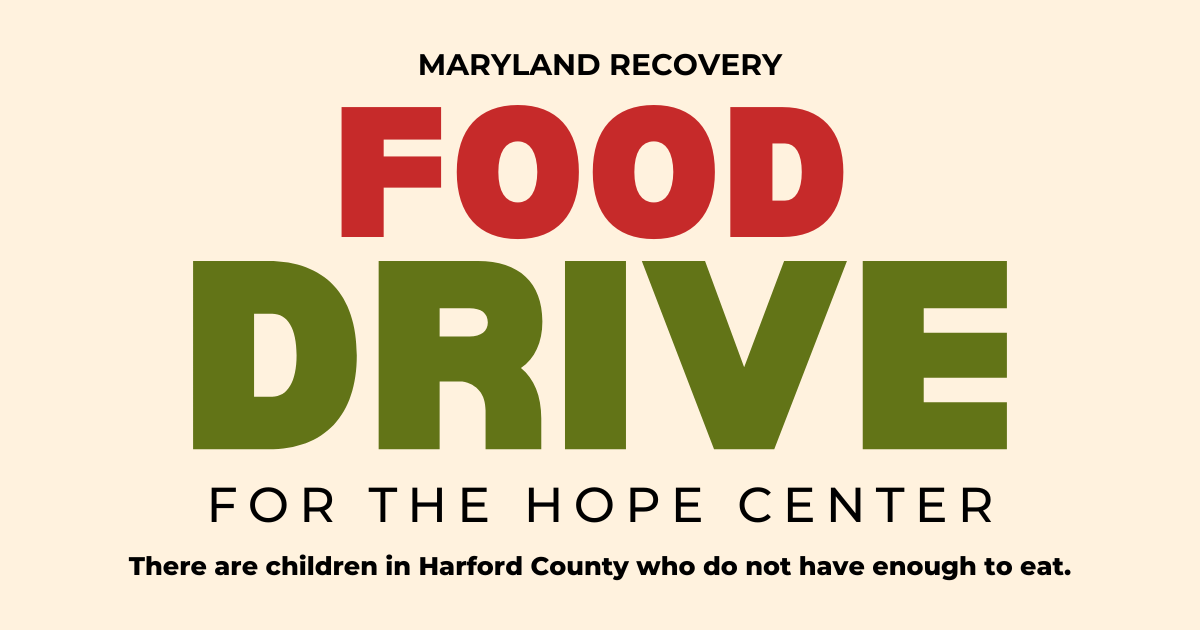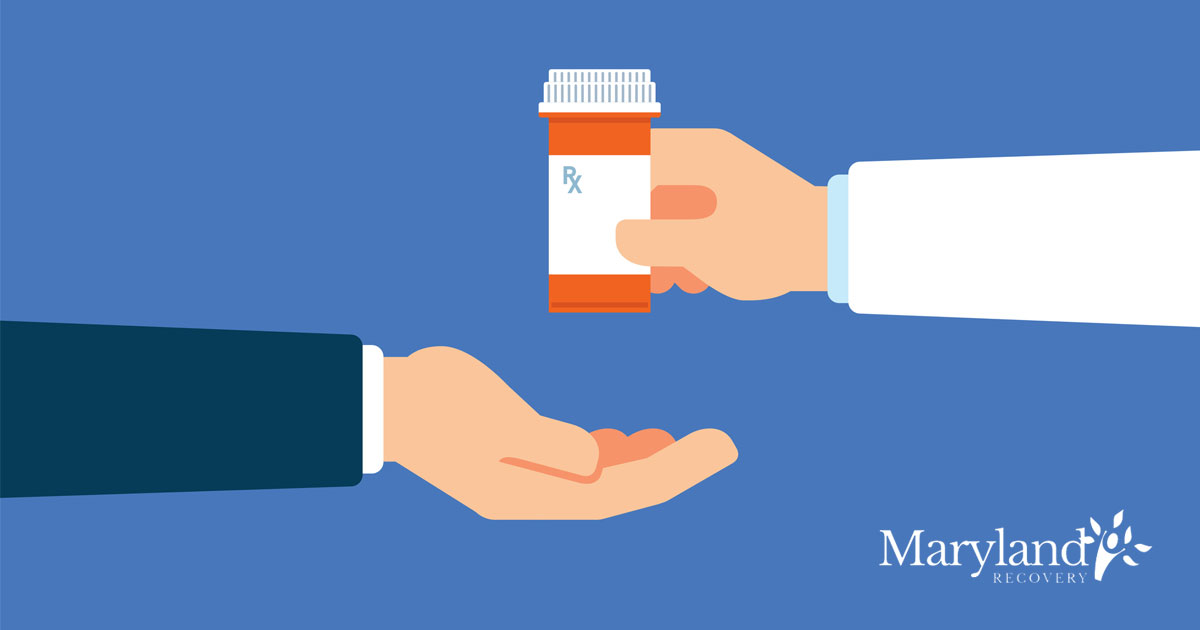During and after recovery from addiction, support groups are necessary. These groups give those recovering from addiction a formal support system or network. Active participation in these groups can reduce the rate of relapse and encourage commitment to recovery....

 During and after recovery from addiction, support groups are necessary. These groups give those recovering from addiction a formal support system or network.
During and after recovery from addiction, support groups are necessary. These groups give those recovering from addiction a formal support system or network.
Active participation in these groups can reduce the rate of relapse and encourage commitment to recovery. Group members provide support and friendship to others who have suffered from the same addictions. Group members encourage sobriety and work to keep others on track.
Traditional Recovery Support Groups
One of the most common support groups for addiction recovery is Alcoholics Anonymous (AA). The group created a 12-step program model for recovery, which many groups still use. AA and 12-step programs are based in spiritual practice, requiring members to surrender to a higher power. Some in recovery have found this practice unappealing. Luckily, there are several alternatives to these popular programs.
The most important part of addiction recovery is finding a treatment plan suitable for your needs. This includes finding a long-term support group to fit your belief system. There are a variety of support groups available, each providing a different experience for members. Research a few different groups to understand which would be best for you.
Alternatives to AA Meetings and 12-Step Programs
If traditional support groups do not fit into your lifestyle, there are several alternatives to AA and 12-step programs. It is important to find a program that fits your specific needs.
There are many avenues used to combat addiction, such as:
Self-Management and Recovery Training (SMART) Recovery
![]()
SMART Recovery is a program rooted in the self-empowerment of its members. The group offers in-person meetings but also has a strong online presence. Online support provides daily meetings, chat rooms and discussion forums. Members have access to these features 24/7.
SMART Recovery support follows a four-point program:
During group support sessions, members focus on one of the four support points. Members also receive homework or projects to complete during the week. The group is secular and nonprofit. Group members focus solely on the four points and supporting each other as each works through them.
Women For Sobriety
![]()
This group concentrates on the emotional needs of women who are focused on achieving and maintaining sobriety. The support group bases itself on the belief that addictions begin as a response to stress, loneliness, frustration or emotional deprivation.
Women for Sobriety is a self-help program, supplemented with online meetings. Meeting attendance includes six to 10 women, all working through their own addictions. Each woman supports the others and works through the 13 statements of acceptance.
Group members read the acceptance statements each morning, choosing one to practice daily for a week. Individuals work through each of the 13 statements with the support of other group members. The goal is to make each of the acceptance statements part of everyday life and to promote self-enhancing behaviors.

Secular Organizations for Sobriety (SOS)
![]()

SOS is a nonprofit organization focused on supporting one another through group meetings. The organization does not have a formal structure. Rather, SOS is a loose-knit organization allowing anyone to start a group. If there are no in-person meetings available to individuals in need, the organization provides online support systems also.
The organization is based solely on group support. Unlike other recovery organizations, it does not have a set of rules or standards for members. Instead, the group environment encourages members to share experiences, insights and scientific information.
The group prides itself on being secular and not having “hidden agendas.” It offers support for those suffering from any addiction, including drugs, alcohol, food and sex.
LifeRing Secular Recovery
![]()
LifeRing Secular is a worldwide network of members suffering from addiction to alcohol or non- prescription drugs. The organization’s philosophy is to strengthen the Sober Self and weaken the Addict Self. Meetings occur in person and online and allow members to connect with others for support. LifeRing encourages members to only accept aspects of treatment that work for them and choose a path to fit individual needs.
The group has three fundamental principles, known as 3-S.
The 3-S model is the focus of conversation and recovery for members:
Moderation Management
![]()
This organization devotes itself to individuals in the beginning stages of problem drinking. Moderation Management works to prevent members from going from problem drinking to developing a full-blown alcohol dependency.
The group promotes the recognition of risky drinking behaviors, teaching members to drink in moderation. Moderation Management believes drinking in moderation is a more achievable goal than complete sobriety.
The group holds members to five standards:

Only those with non-physical dependencies should consider Moderation Management.
Celebrate Recovery
![]()
As a Christian recovery group, Celebrate Recovery is based from the 12-step program. The program is not associated with AA and works out of churches across the country.
The program itself is free but does require members to purchase books and literature on the recovery steps. Supporting literature includes in-depth steps, Biblical comparisons and eight principles of recovery based on the Beatitudes.
Local Addiction Support Groups
![]()
Nearly all towns and cities boast local support groups for those recovering from addictions. Those seeking nationally chartered or private groups can find them through an online search of their local areas.
After finding a local group, visit websites or review group documentation to ensure the values align with your own. There are many wonderful, supportive groups available that do not have formal organizations.

Finding a Support Group to Fit Your Needs
When it comes to support groups, there are so many options available to suit your personal needs. Religious and non-religious addiction support groups offer unparalleled support for those in recovery.
Choose a group to fit your belief systems and motivating factors. Finding a group of supportive individuals can prevent relapse and isolation, increasing your chances for success.
See How We Encourage Support Group Attendance
*Editor’s Note: This article was originally published Apr 12, 2018 and has been updated August 4, 2023.
The post Recovery Support Groups: Alternatives to AA and 12-Step Meetings appeared first on Maryland Recovery.














